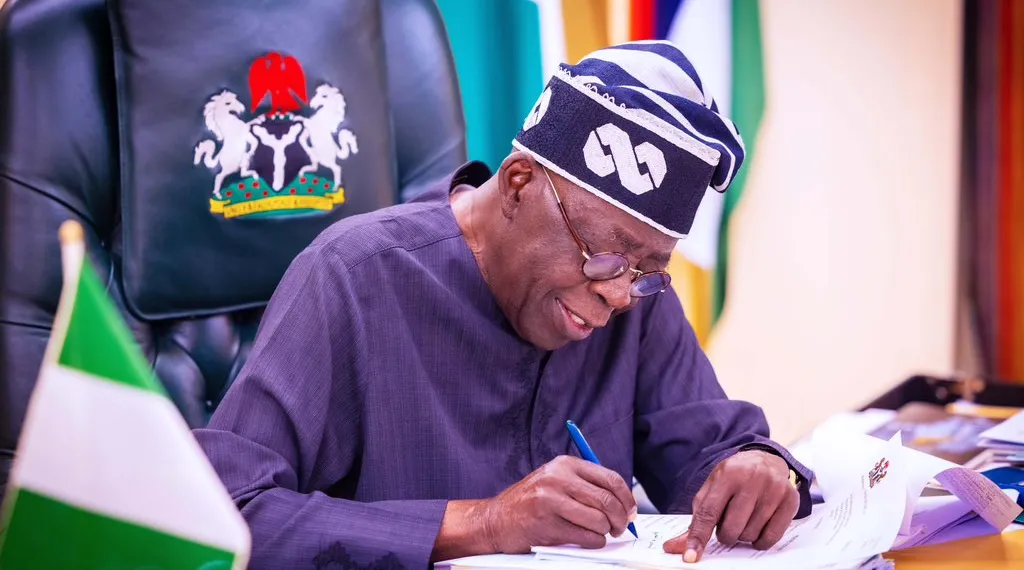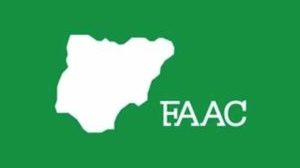We see from CBN data that official reserves rose by USD60m to USD34.88bn in April. The buffer increased steadily to USD35.26bn mid-month before an equally steady decline in the second half of April. To obtain a fuller picture, we should adjust this gross figure for the pipeline of delayed external payments: this adjustment has been variously estimated at up to USD3bn (by the IMF in late 2020), substantially less (by the FGN in March) and above USD4bn (by market players earlier this month). We are reasonably comfortable with reserves at this level and can see augmentation from at least four potential sources: Eurobond issuance in these favourable market conditions, multilateral loans (preferably light on policy conditionality), discussions within the IMF on a new allocation of SDRs to all members, and positive trends in oil prices and Nigerian production due to the easing of curbs by OPEC+.
Total reserves at end-April covered 7.7 m0nths’ merchandise import cover on the basis of the balance of payments (BoP) for the 12 months to September 2o20, and 5.3 months when we add imported services.
The cover has improved under life with the Covid-19 virus but only because fx is in short supply and because Nigerians have made very little use of their education, health and business travel allowances due to restrictions on movement both at home and in destination countries.
Of the three countries we show in our chart, South Africa has comfortably the fullest definition of reserves (its international liquidity position). Gold, SDR holdings and fx make up gross reserves, from which adjustments are made for fx deposits received and for the forward position to arrive at the final figure.
Its position improved in April on the back of a firmer gold price, USD weakness and fx swaps the SARB entered into for the purposes of liquidity management.
We welcome the CBN’s decision last week to extend its “naira 4 dollar scheme” until further notice. It is unclear whether the incentives are sufficient to make a sizeable impact on remittances and therefore indirectly on reserves. Without the data yet to make a judgement, however, the important point is that comparable schemes have been tried elsewhere successfully (such as Bangladesh and Pakistan).
Official reserves (gross; USD bn)

Sources: CBN; South African Reserve Bank (SARB); Central Bank of Egypt (CBE); FBNQuest Capital Research













